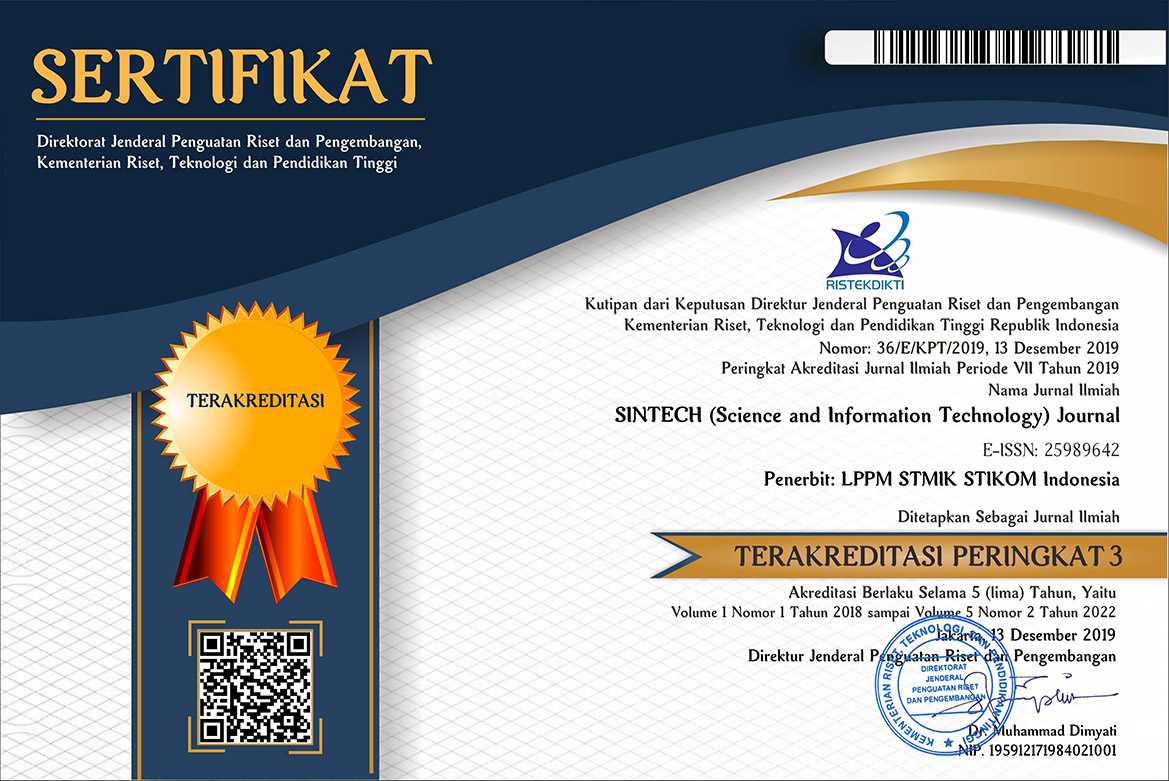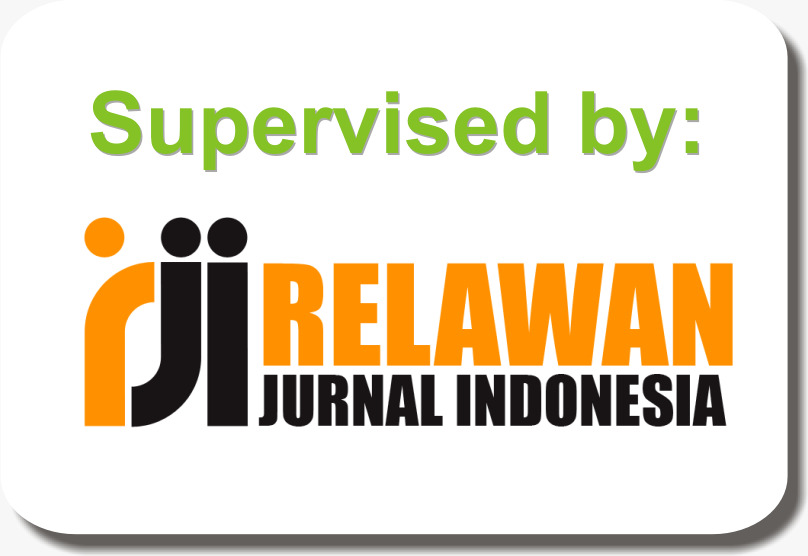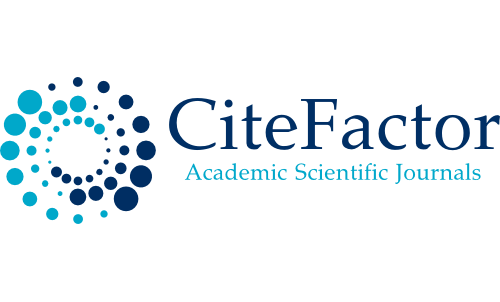INTELLIGENT SYSTEM FOR CLASSIFICATION OF STUDENT PERSONALITY WITH NAIVE BAYES ALGORITHM
DOI:
https://doi.org/10.31598/sintechjournal.v5i1.969Keywords:
hippocrates-galenus, training data, test data, accuracy testing, predictionAbstract
Various kinds of problems arise from the changing personality behavior of students. Therefore, an intelligent system is needed to determine the personality type of students. This study applies an intelligent system with a classification method using the Naïve Bayes to determine the personality of the student based on Sanguine, Choleric, Melancholic, and Phlegmatic classes against Hippocrates-Galenus typology. The attributes used include gender, age, year of class, answers to test A, answers to test B, answers to test C, and answers to test D. System testing is carried out with a scheme for sharing training data and test data. The data used is questionnaire data based on the Hippocrates-Galenus typology which is filled out by 130 students. Then it is divided into training data to form a classification model of 117 data, and there are 13 pieces of data used as test data for accuracy testing. The proportion is 90:10 using 10-fold cross validation. The data held are then calculated using the nave Bayes algorithm. Based on the results, there were 12 students correctly predicted and 1 students did not predict correctly so that an accuracy of 92.31% was obtained with an error rate of 7.69%.
Downloads
References
L. Hakim and Hendro, “Penentuan Tes Kepribadian Calon Mahasiswa Berdasarkan Sidik Jari Menggunakan Minutie dan Support Vector Machine,” J. Appl. Informatics Comput., vol. 4, no. 1, pp. 28–32, 2020.
D. M. Alam, A. T. D. Prabowo, A. Prabono, and M. W. Pratama, “KLASIFIKASI KARAKTERISTIK KEPRIBADIAN MAHASISWA UNIVERSITAS AMIKOM YOGYAKARTA DENGAN MENGGUNAKAN METODE NAIVE BAYES,” pp. 17–28, 2020.
Tadhan and F. R. Purba, “Aplikasi tes personality plus berbasis web,” vol. Vol. 01 No, pp. 327–337, 2012.
E. A. Muhsina and N. Nurochman, “Sistem Pakar Rekomendasi Profesi Berdasarkan Multiple Intelligences Menggunakan Teorema Bayesian,” JISKA (Jurnal Inform. Sunan Kalijaga), vol. 2, no. 1, p. 16, 2017.
D. Nofriansyah, K. Erwansyah, and M. Ramadhan, “Penerapan Data Mining dengan Algoritma Naive Bayes Clasifier untuk Mengetahui Minat Beli Pelanggan terhadap Kartu Internet XL ( Studi Kasus di CV. Sumber Utama Telekomunikasi),” J. Saintikom, vol. 15, no. 2, pp. 81–92, 2016.
Komang Aditya Pratama, Gede Aditra Pradnyana, and I Ketut Resika Arthana, “Pengembangan Sistem Cerdas Untuk Prediksi Daftar Kembali Mahasiswa Baru Dengan Metode Naive Bayes (Studi Kasus: Universitas Pendidikan Ganesha),” SINTECH (Science Inf. Technol. J., vol. 3, no. 1, pp. 22–34, 2020.
M. A. Maricar and Dian Pramana, “Perbandingan Akurasi Naïve Bayes dan K-Nearest Neighbor pada Klasifikasi untuk Meramalkan Status Pekerjaan Alumni ITB STIKOM Bali,” J. Sist. dan Inform., vol. 14, no. 1, pp. 16–22, 2019.
S. A. Nugraha and M. U. Siregar, “Application of The Naive Bayes Classifier Method In The Sentiment Analysis of Twitter User About The Capital City Relocation,” in International Conference on Science and Engineering, 2021, pp. 171–175.
D. Prajarini, S. Tinggi, S. Rupa, D. Desain, and V. Indonesia, “Perbandingan Algoritma Klasifikasi Data Mining Untuk Prediksi Penyakit Kulit,” Informatics J., vol. 1, no. 3, p. 137, 2016.
P. G. Balaji and D. Srinivasan, “An Introduction to Multiagent Systems,” Springer-Verlag Berlin Heidelb., vol. 91, no. 5, p. 368, 2010.
A. Subanar, R. Wardoyo, and S. Hartati, “Sistem Agen Cerdas Berbasis Web Untuk Komputasi Informasi Kinerja Dari Pelaksanaan Proyek-Proyek Perusahaan,” JUTI J. Ilm. Teknol. Inf., vol. 8, no. 1, p. 39, 2010.
G. C. Sutradana and M. D. R. Wahyudi, “Penerapan Data Mining Untuk Analisis Pengaruh Lama Studi Mahasiswa Teknik Informatika Uin Sunan,” JISKa, vol. 1, no. 3, pp. 153–162, 2017.
M. Adibulasyhar, “Klasifikasi Karakteristik Kepribadian Manusia Berdasarkan Tipologi Hippocrates-Galenus Menggunakan Metode Fk-Nn,” Univ. Muhammadiyah Gresik, pp. 6–21, 2019.
R. Y. Hayuningtyas, “Penerapan Algoritma Naïve Bayes untuk Rekomendasi Pakaian Wanita,” J. Inform., vol. 6, no. 1, pp. 18–22, 2019.
Alvina Felicia Watratan, Arwini Puspita. B, and Dikwan Moeis, “Implementasi Algoritma Naive Bayes Untuk Memprediksi Tingkat Penyebaran Covid-19 Di Indonesia,” J. Appl. Comput. Sci. Technol., vol. 1, no. 1, pp. 7–14, 2020.
A. Saleh, “Implementasi Metode Klasifikasi Naïve Bayes Dalam Memprediksi Besarnya Penggunaan Listrik Rumah Tangga,” vol. 2, no. 3, pp. 207–217, 2015.
Downloads
Published
How to Cite
Issue
Section
License
Copyright (c) 2022 Dony Fahrudy, Izza Afkarina, Muhammad Fadli, Rinny Assasunnaja, Wildan Nadiyal Ahsan, Febri Eka Setyawan, Maria Ulfah Siregar

This work is licensed under a Creative Commons Attribution-NonCommercial-ShareAlike 4.0 International License.
Copyright in each article belongs to the author.
- The authors admit that SINTECH Journal as a publisher who published the first time under
 Attribution-NonCommercial-ShareAlike 4.0 International (CC BY-NC-SA 4.0) License.
Attribution-NonCommercial-ShareAlike 4.0 International (CC BY-NC-SA 4.0) License. - Authors can include writing separately, regulate distribution of non-ekskulif of manuscripts that have been published in this journal into another version (eg sent to respository institution author, publication into a book, etc.), by recognizing that the manuscripts have been published for the first time in SINTECH Journal















1.png)




